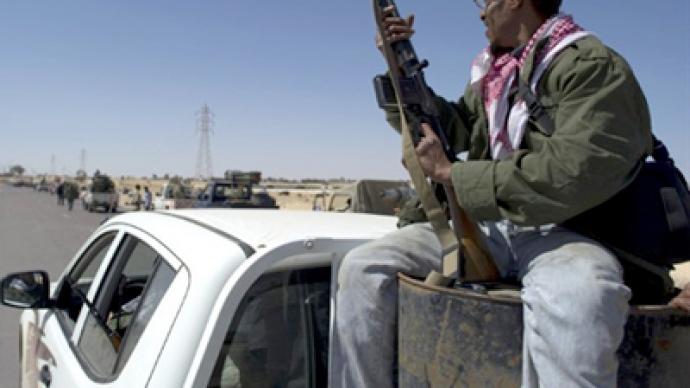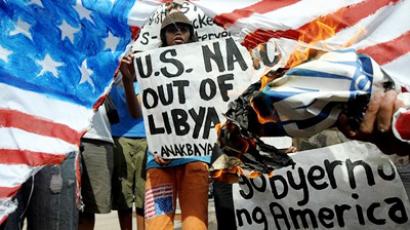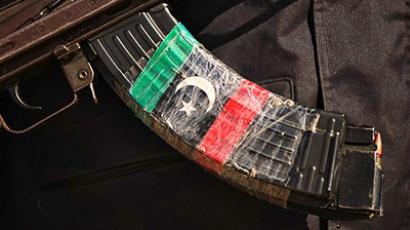Uprisings are a quest for democracy, shouldn't be feared - Belgian FM

Uprisings across the Arab world have raised concerns in Europe of a flood of refugees and Islamic extremism. But Belgian Foreign Minister Steven Vanackere says the unrest is a quest for democracy, and should not be viewed with fear.
RT: Would you say that those people who are of Arabic descent are well integrated into Belgian society?Steven Vanackere: Well, it depends, and of course the integration efforts still have to continue in order to be successful. You heard some comments for example from Angela Merkel and also from people in the United Kingdom speaking about the difficulties when it comes to integration, but I honestly think that the Belgian society is the place where most of the people are tolerant, are accepting of each other and try to make a good future for their children without having too many conflicts. I must insist upon the fact that if there are some political discussions, there is no bloodshed in my country. For decades we have been able to solve our problems by talking and continue to talk but without using violence.RT: As far as Libya goes it has been said that while the coalition had no exit strategy in Iraq it did not have entry strategy in Libya. What do you think, what concerns do you have for Libya’s immediate future?SV: Well, the Belgian diplomacy put forward three conditions in order to think that the intervention, also a military intervention could be useful. First and foremost of course, it had to be a response to a legitimate question coming from the Libyan population. The resolution of the United Nations, stating clearly that this is in order to protect citizens, realizes this condition. The second big condition is that we needed to have the support of the regional organizations especially the Arab league, but also as far as the Belgians are concerned the African Union. For us, good relations with the African continent are very important, but the decision by the Arab league to join those who thought something had to be done with the menaces and the atrocities that were committed by Colonel Gaddafi well reflect that the Arab league joined these people wanting to go to action was the second condition. And the third, of course, was making sure that there was a legitimate mandate from the United Nations. These three conditions being reunited, it is therefore logical that not only the Belgian government, but also the Belgian parliament with unanimity decided to contribute with some military efforts. The most important thing is to understand that the solution for Libya is not possible only by military means. It has to be something which is holistic and we need to be able to present a future or help to create a future which has to be Libyan led. It is the Libyans that have to decide on their future. But I think that countries in Europe and the European Union as a whole can be helpful for that respect not in the least in economic cooperation. RT: Does NATO, and the EU including Belgium, have a precise understanding at this point whom they are helping in Libya – the civilians or the rebels?SV: It is absolutely about to protect the civilians, and like Secretary General of NATO Rasmussen said, protecting citizens is not the same thing as arming them. So the Belgian position is quite orthodox. We have a good picture of what was the resolution of the United Nations in New York. And for us it is about protecting civilians. Coming to the situation in which Colonel Gaddafi is no longer the leader of Libya is a statement that has of course already been made in the past before resolution 1973, but it is not through military means which we are going to establish that.RT: With the recent unrests in North Africa, some fear the migration of terrorism to Europe. What is your take on that? SV: I think that having more democracy can never be something to fear. Having the situation where Arab youngsters today choose to say: “Listen, there are some rights that are universal, the right to express yourself, the right to choose your own leaders, the right to be free”. That is not something that is only there for some countries, it is something which is universal. And talking about the changes that come about in the Arab world, I think we need not to be naïve, we need to see that this is essentially the quest of people wanting more democracy. So linking the quest for more democracy with fear – I do not agree with that.














